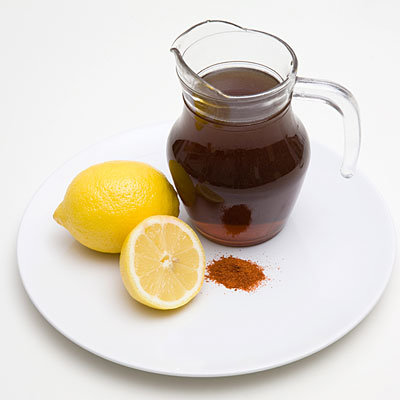6 Rules for a Healthy Postpartum Slim Down
View as one page

Pack on the protein
High-protein foods contain a hunger-fighting hormone and will fill you up more than carbs. And many sources of protein—fish, beef, and eggs—are also rich in iron and vitamin B12, both of which have been shown to increase energy levels. (What new mom doesn’t need that?) Just be careful to choose lean cuts of meat and watch your fat intake, as excess saturated fat won’t help your diet or your cardiovascular health.
Try these recipes:
• Sirloin Tips With Vegetables
• Red Snapper in Acqua Pazza
• Greek-Style Lamb
View as one page

Fight inflammation
Trauma and stress to the body—i.e., giving birth—can cause the immune system to respond through internal inflammation. Help your body fight this inflammation by consuming foods that are considered to be anti-inflammatories. Examples include everything from green tea to berries to spices such as turmeric and garlic. Steer clear of processed sugar, which increases inflammation and raises blood sugar.
Try these recipes:
• North African-Spiced Tagine
• Zesty-Baked Salmon
• Lemon-Blackberry Parfait
View as one page

Make milk
If you’re breastfeeding, most experts suggest adding 500 calories a day of nutrient-rich food. Drink plenty of water, eat fiber-rich foods, and avoid drinking too much alcohol. What you eat makes its way into your milk, so if you notice your child has diarrhea, gas, or a rash, it might be the result of an allergic reaction to a certain food.
If you have a low milk supply, some mothers and health-care professionals believe herbs like fenugreek seeds, chamomile, and fennel may help with milk production. Many of these herbs have not been scientifically evaluated, so consult a doctor before altering your diet.
Try these recipes:
• Cumin-Scented Black Beans With Cilantro
• Fresh Berries With Maple Cream
• Caramelized Rosted Fennel With Fennel Seeds
View as one page
Know your vitamin ABCs
These vitamins are important in a new mom's diet.
Vitamin A—You lose a lot of this through breastfeeding. Aim for 1,300 micrograms per day; get it from spinach, carrots, sweet potatoes, and kale.
Vitamin C—It passes through breast milk, too. Aim for approximately 120 milligrams daily; good sources include red peppers, oranges, and broccoli.
Vitamin D—It keeps bones strong and is made when the skin is exposed to sunlight, but many moms stay indoors most of the day. Aim for 200 IU every day; eat fortified milk, eggs, and mushrooms.
Vitamin E—It helps you maintain a healthy circulation. Aim for 19 milligrams a day; it’s found in nuts, seeds, and eggs.
Potassium—Many multivitamins don't contain this blood pressure–lowering nutrient. Aim for 3,500 milligrams; add bananas, lima beans, and squash to your diet.
Try these recipes:
• Mushroom and Spinach Frittata With Smoked Gouda
• Roasted Squash and Chard Pasta
• Carrot Couscous with Fresh Chives
View as one page
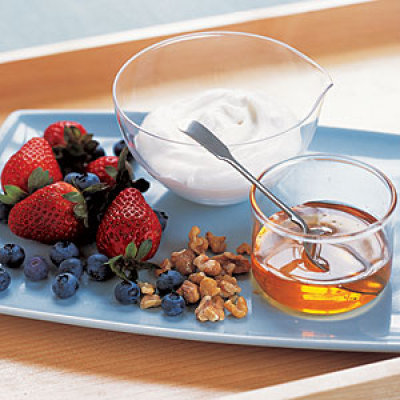
Count on calcium
Though there is some debate about how much calcium breastfeeding women should consume, current calcium recommendations for non-pregnant women are also sufficient for pregnant and breastfeeding women. For strong bones and teeth, make sure to eat plenty of low-fat dairy products and other calcium-rich foods such as figs, beans and peas, or leafy greens. A recent study found that calcium supplements don't help to prevent bone loss in nursing, so try to eat your way to a recommended 1,000 mg of calcium a day.
Try this recipe:
• Yogurt Berry Cups
• Tropical Fruit Parfaits
• Cantonese Spinach with Garlic
View as one page
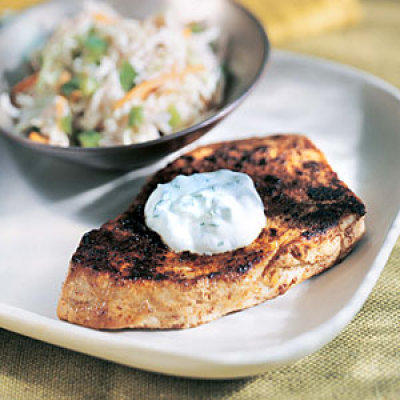
Discover the magic of fish oil
Omega-3 fatty acids found in fish and fish oil supplements have been show to boost an infant's sensory, cognitive, and motor development. Breast milk is rich in DHA, a type of omega-3 fatty acid that helps with brain growth. Recommendations are 0.3 to 0.5 grams of DHA a day, and good sources include salmon, tuna, and walnuts. Plus, it's not just for children—consumption of DHA may decrease the incidence of postpartum depression.
Try these recipes:
• Tuna With Jalapeno Sour Cream
• Mediterranean Salmon
• Walnut Coffee Cake
-
Christmas Day diet plan (your 24-hour rule book)
Worried youll blow your diet on Christmas Day? Dietitian Lisa Simpson
-
Healthy Diet – Fruits and Vegetables
Everyone has heard about the importance
-
Only 12 Minutes a Day and Your Legs Will Be Irresistible! Exercises That Fit Everyone
At the beginning of the spring, apparently everyone is concerned a
-
If You Want A Flat Stomach, Stay Away From The Following Six Foods You Probably Consume Daily
Flat stomach is a desire that both men and women have. Getting the
-
6 Secrets for a Faster Metabolism
V
-
15 Products For Weight Loss
No diet guarantees long-lasting nice body and hunger does not disa
- DON'T MISS
- Best Herbal Weight Loss Diet Pills To Lose Weight In A Healthier Way
- Every Night Before You Go To Bed, Drink This Mixture: You Will Cleanse Your Colon And Speed Up The Fat-Burning Process
- Diet Like A Man
- Eat Carbs, Burn Fat
- Ornish Diet: What To Know
- How to Detox with a Coconut Oil Cleanse to Get Rid of Parasites, Viruses, and Fungal Infections
- This is The Fastest Way to Fight Obesity. Here is How to Do It Right!
- Mix Cucumber and Mint and Create Powerful Fat-Melting Drink
- 8 Fall Snacks Under 80 Calories
- Top 6 Herbs And Their Health Benefits

